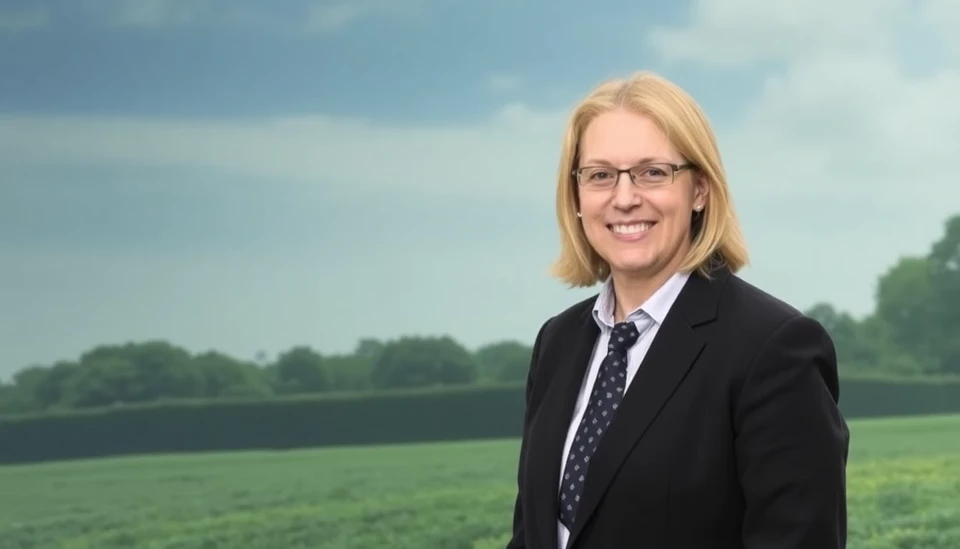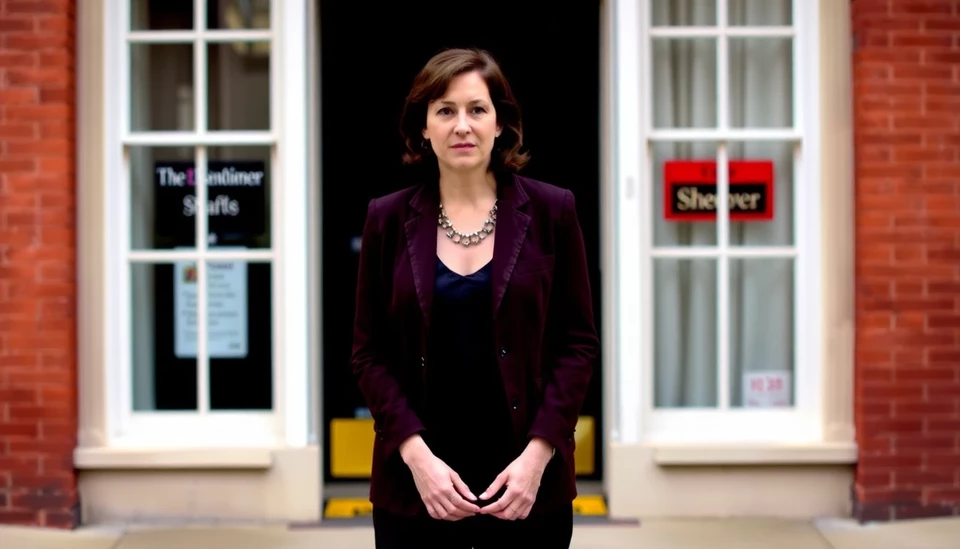
In a pivotal moment for the UK Labour Party, the sustainability of their green image is being put to the test as discussions intensify over the development of the Rosebank and Jackdaw oil fields. These projects, located in the North Sea, have emerged as a focal point of contention, stirring debates about economic growth versus environmental responsibility. With Climate Change becoming an increasingly pressing issue, the Labour Party finds itself at a crossroads, weighing the necessity for energy security against the risks of undermining its own environmental commitments.
The Rosebank field, one of the largest untapped oil reserves in the North Sea, holds potentially significant economic benefits but raises serious environmental concerns. Critics argue that investment in fossil fuels contradicts the government's goals of achieving net-zero emissions by 2050. Nevertheless, proponents of the development assert that harnessing these resources could ease energy prices for consumers and provide much-needed energy security, especially in light of geopolitical tensions affecting fuel supplies worldwide.
In parallel, the Jackdaw project has similarly drawn scrutiny. While it promises to be a substantial contributor to the UK’s energy output, the environmental implications are stark. Environmental activists and some party members urge Labour to reconsider their stance, warning that approving these fields could lead to a potential abandonment of their green ideals. The dilemma presents a unique challenge, forcing Labour to navigate its decade-long narrative advocating for environmental responsibility against the backdrop of immediate economic pressures.
The upcoming vote on these developments will not only shape the energy landscape of the UK but will also set a precedent for the Labour Party's future environmental policies. The outcome could either reinforce their commitment to a sustainable future or prompt a reevaluation of their growth strategy. Leaders within the party are aware that their decisions will be closely monitored, both by constituents and activists, whose responses could significantly impact the party’s standing in upcoming elections.
As the Labour Party gears up for this crucial juncture, they must carefully balance party unity and the welfare of both the economy and the environment. The decision regarding the Rosebank and Jackdaw fields could either bolster the Labour Party’s reputation as a champion of green initiatives or herald a retreat from those aims in the face of economic unrest.
In conclusion, the fate of the Rosebank and Jackdaw fields remains uncertain, but the implications of the Labour Party's decision will undoubtedly echo through the political landscape for years to come. Their ability to align economic necessity with ecological preservation will determine not only their image but also the future of energy policy in the UK.
#LabourParty #Rosebank #Jackdaw #GreenEnergy #EnergySecurity #ClimateChange #UKPolitics #Sustainability
Author: Peter Collins




